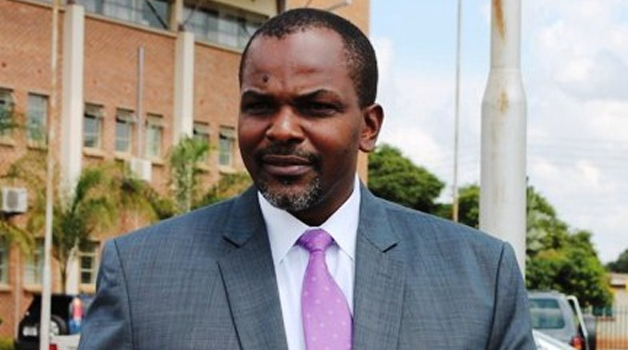By PERPETUAL SICHIKWENKWE –
THE Tribunal constituted to probe the alleged misconduct of suspended Director of Public Prosecutions (DPP), Mutembo Nchito, will proceed, following the Supreme Court’s decision to set aside leave to apply for judicial review granted to him by the High Court. A panel of five Supreme Court judges led by Chief Justice Irene Mambilima yesterday allowed the application by the State to discharge the leave to apply for judicial review granted to Mr Nchito. Ms Justice Mambilima, who sat with judges Evans Hamaundu and Mumba Malila, when delivering the 33-paged judgment, said that the High Court should not have granted Mr Nchito leave, because interlocutory ruling of the Tribunal in dispute was not subject to judicial review. She said that allowing judicial review of interlocutory decisions of administrative tribunals would hinder them from efficiently conducting administrative inquiries. “In fact, it is not in dispute that the Tribunal in issue is merely an investigative Tribunal intended to afford the respondent a hearing on the allegations made against him,” Ms Justice Mambilima said. She said the need to protect constitutional office holders from unfairness in the process of enforcing investigative constitutional procedures for their removal from office should be balanced with the equally important need to make the investigative procedures untenable or unduly protracted. She said that the judicial review could not lie to challenge the interlocutory ruling of the Tribunal. Ms Justice Mambilima, however, said that courts should only intervene when it was absolutely clear that the applicant would suffer a fundamental failure of justice, otherwise, if the court intervenes before the Tribunal renders its final decision, there was a risk of the court straying into deciding on the correct or the merits of the preliminary issues. She said that Mr Nchito did not establish any grounds that could be said to have made his application for judicial review exceptional, that reviewing the Tribunal’s ruling would make him suffer a fundamental failure of justice. She said since Mr Nchito was concerned that once the Tribunal made its recommendations to the President, the Head of State would be bound to implement them without hearing him, and then he could go to court since recommendations of the Tribunal were subject to judicial review. “Accordingly, the respondent retains the liberty to arrive at the recommendation and could even apply for a stay of the said decision” she said. President Lungu on March 10, 2015 established a Tribunal to investigate allegations of misconduct against Mr Nchito and it consisted of former chief justices Annel Silungwe, Mathew Ngulube and Ernest Sakala. The Tribunal commenced sitting on April 1, 2015 where Mr Nchito raised three preliminary issues, among which he said that the terms of reference were incompetent and that two members of the Tribunal must recuse themselves on the grounds of bias. On May 19, 2015, the Tribunal found no merit in all the preliminary issues raised by Mr Nchito, but on May 26, 2015, he applied for leave to commence judicial review proceedings seeking to quash the tribunal’s decisions. The High Court granted Mr Nchito leave to apply for judicial review, but the State appealed to the Supreme Court against the decision.







